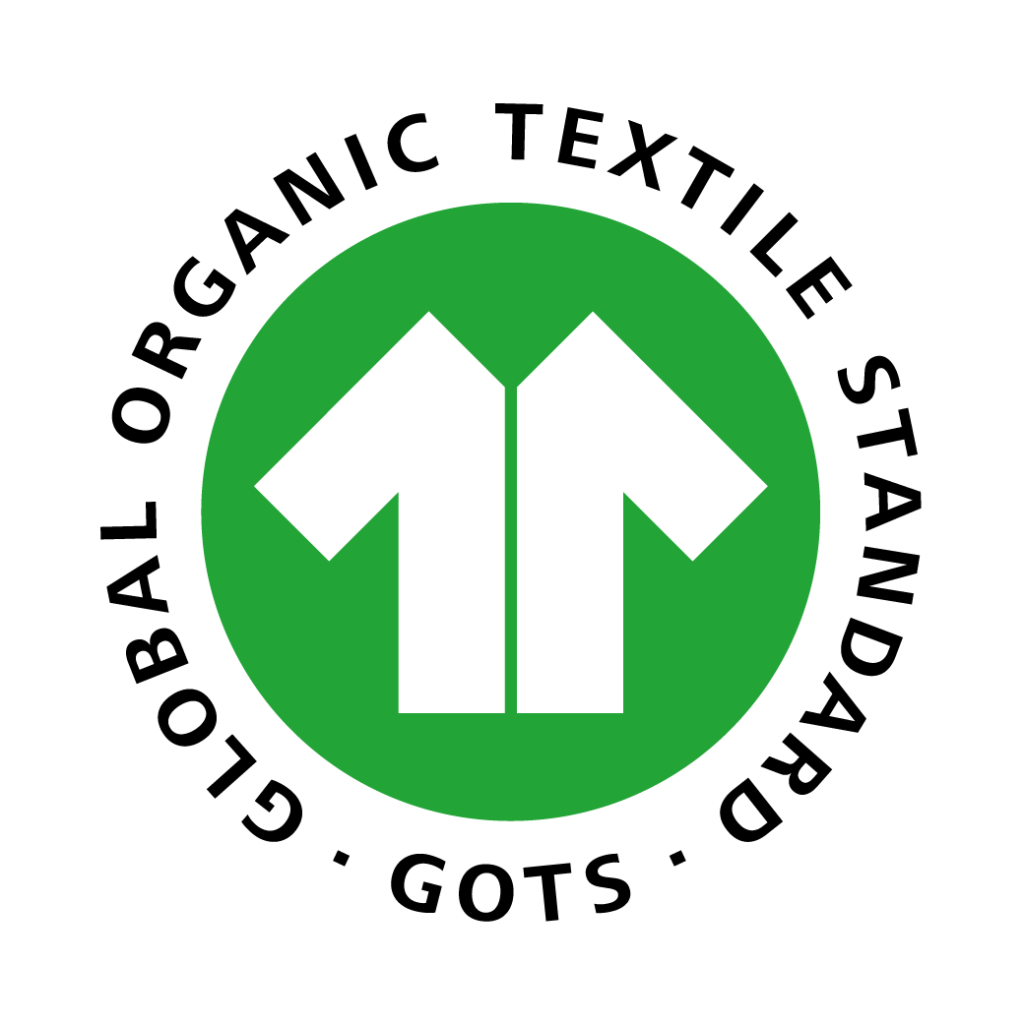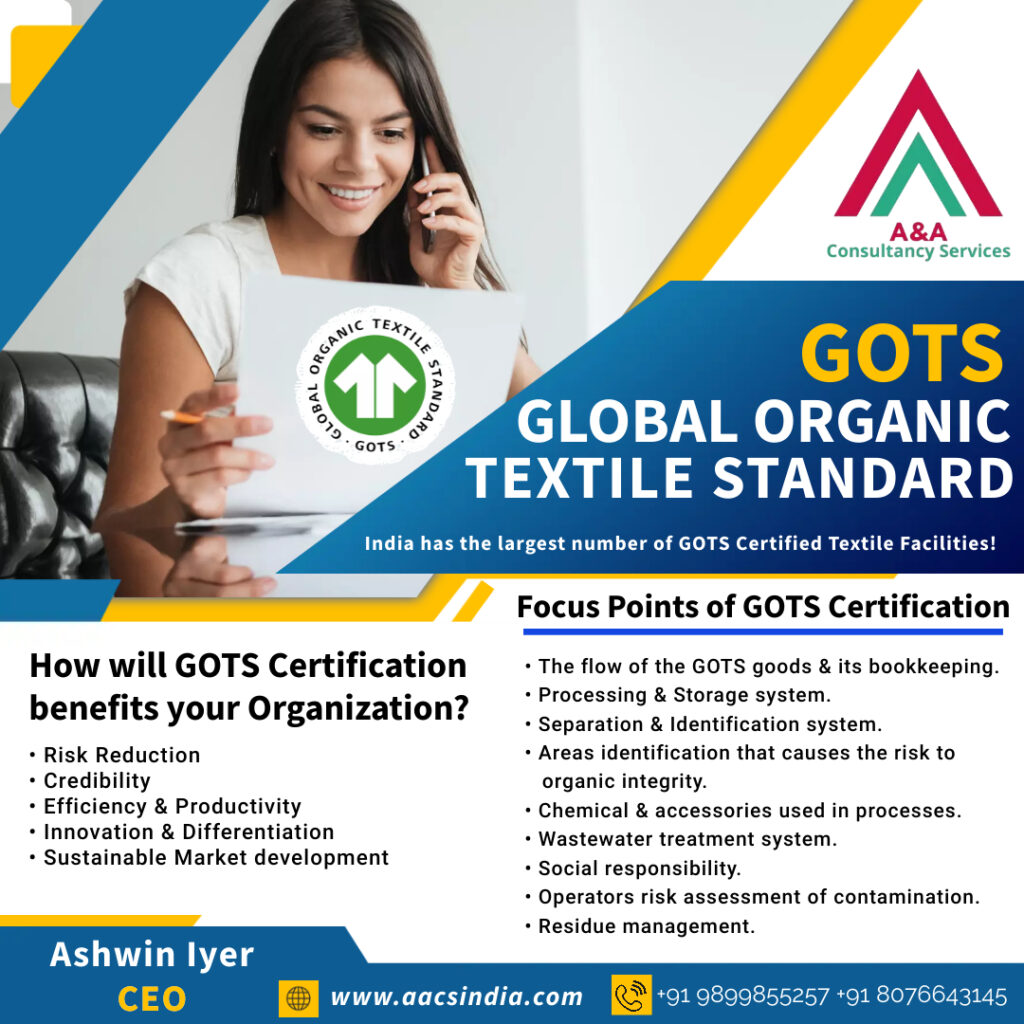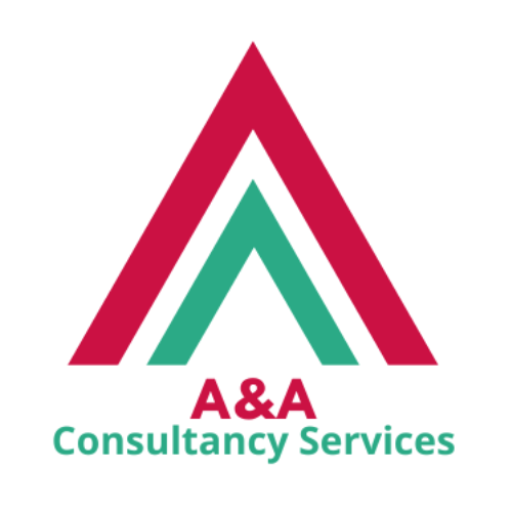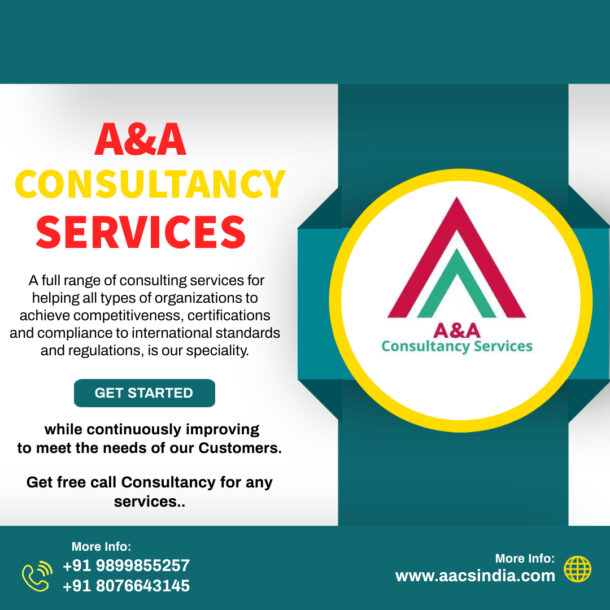
GOTS
Global Organic Textile Standard

What is GOTS – Global Organic Textile Standard?
In the 1980s, producers of Eco-friendly textiles generally worked with organic food associations. However, they found that the food association was impractical for textile producers because, although the growing and harvesting of food and fibre crops were similar, the processing of fibres in preparation to make fabric varied widely.
In 2002, at the Intercom Conference in Dusseldorf, Germany, a workshop with representatives of organic cotton producers, the textile industry, consumers, standard organizations, and certificates discussed the need for a harmonized and world-wide recognized organic textile standard. As a result of this workshop, the “International Working Group on Global Organic Textile Standard” (IWG) was founded, with an aim to work on the codification of various regional approaches and to develop a set of global standards. In 2006, their work was published as the Global Organic Textile Standard (GOTS). The main achievement of this group was the ability to compromise and to find a general agreement for points that were considered to be ‘non-negotiable’.
GOTS aim is to define a Universal Standard for Organic Fabrics which monitors it from harvesting the raw materials, through its environmental & socially responsible manufacturing up to its labelling, in order to provide assurance to its consumer by GOTS certified organic cotton. This GOTS standard is applicable to fiber products, yarns, fabrics & clothes and covers their production, processing, manufacturing, packaging, labelling, exportation, importation, and distribution.
What are the focus points of GOTS Certification?
These are few of the focus points considered in Global Organic Textile Standards:
- The flow of the GOTS goods & its bookkeeping.
- Processing & Storage system.
- Separation & Identification system.
- Areas identification that causes the risk to organic integrity.
- Chemical & accessories used in processes.
- Wastewater treatment system.
- Social responsibility.
- Operators risk assessment of contamination.
- Residue management.
What are the document requirements for GOTS Certification?
The organization shall demonstrate compliance related to below mentioned requirements: –
- The Legal (Factory Act.)
- Social (Policies, Procedures and related documents)
- Health and Safety
- Environmental
- Social (Policies, Procedures and related documents)
- Records related to production.
How will GOTS Certification benefits your Organization?
- Risk Reduction
- Credibility
- Efficiency & Productivity
- Innovation & Differentiation
- Sustainable Market development

Which Organizations are eligible for GOTS Certification?
This GOTS Certification can be availed by organizations that deal in Textile processing, Manufacturing, and Trading.
What kind of products can become GOTS certified?
Any organic textile product can theoretically be GOTS certified. Only complete/finished products with one of the two GOTS labels (Organic or made with organic) can be certified and labelled. Textile fibre components of a consumer product that isn’t usually classed as a textile fibre product (for example, prams with textile fabrics, bassinets, car seats, or furniture with textile fabric upholstery) might be approved and labelled as a “Combined Product.” It is impossible to certify and label a product’s portion or component.
What can entities use their GOTS certification for?
- Processors and manufacturers that have received a GOTS Certificate of Compliance (=Scope Certificate) are able to accept orders for GOTS compliant processing/manufacturing within their certified scope. Within the scope of their certification, certified importers and exporters, as well as other merchants, are permitted to trade in GOTS textile products. GOTS Scope Certificate recipients are free to display their certification status on the market. They’re also on the list of GOTS Certified Suppliers.
How AACS help you with a hassle – free Implementation Process for GOTS Certification?
AACS adopts a result-oriented approach for effective system implementation at the organization. The simple and practical method of system implementation help organizations to enhance business performance and sustainability. AACS offers 100% documentation support to achieve successful certification in addition to enhanced business performance.
The implementation process is described below:
- Initial visits and review of the existing system.
- Gap analysis and planning for the documentation (Records and Procedures).
- Training and Hand holding/ support for implementation.
- Internal audit for verification of the implemented system.
- Management review.
- Certification Audit.
- Closure of non-conformities.
- GOTS certificate awarded to the Organization.

Contact Us
Office Address: 83, Pocket 12, Sector 21, Rohini, New Delhi, 110086
Mobile No: 9899855257
Mail: Teamaacsindia@gmail.com

